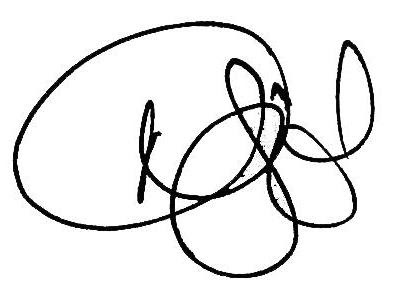My first Tu B’Shvat seder was with Bonna and Shmuel Haberman Browns, in London, in 1986. Bonna z”l was an amazing woman, who died too young. (This was my tribute to her that The Forward published at the time of her death.) It was memorable and beautiful enough that I hosted or attended a seder every year from then until last year. And then last year, half an hour after we got back from my 33rd annual Tu B’Shvat seder, my mother phoned to say that my father had died. So Tu B’Shvat has always been important to me, and its implicit themes about cycles of life have now been reinforced for me by the inextricable ways that its memory is bound up for me in memories of my Dad and of Bonna.
Eight years ago Devora Joseph Davey gave us funding, through the foundation created in her father’s name, to create a Tu B’Shvat haggadah, and we’ve republished that every year since. This year, both in honor of my father, and because Tu B’Shvat in 2019 falls on MLK weekend, we’ve substantially revised our haggadah. Lisa Kaplan, Elan Margulies, David Rendsburg, and Rabbi Isaiah Rothstein led the charge, and my great thanks go to all of them. (Pre-order the haggadah by Monday, January 14th to receive your copies in time for Tu B’Shvat.)
Below we’ve listed the events that we’re involved with on Tu B’Shvat as well my essay “Why Do We Celebrate Tu B’Shvat?” which is also the introduction to our new haggadah.
But the single last thing I want to say: Tu B’Shvat isn’t just for kids. It’s not just fruit and nuts. It comes to remind us of our connection to the natural world and of our connection to the land of Israel. So if you do nothing else, on the evening of Sunday, January 20th (when Tu B’Shvat begins), just gather with family and friends, eat a good meal, and think about – and discuss – those two topics.
And may we remember, for a blessing, all those who nourished us and led us to this moment.
Shabbat shalom,

Nigel
